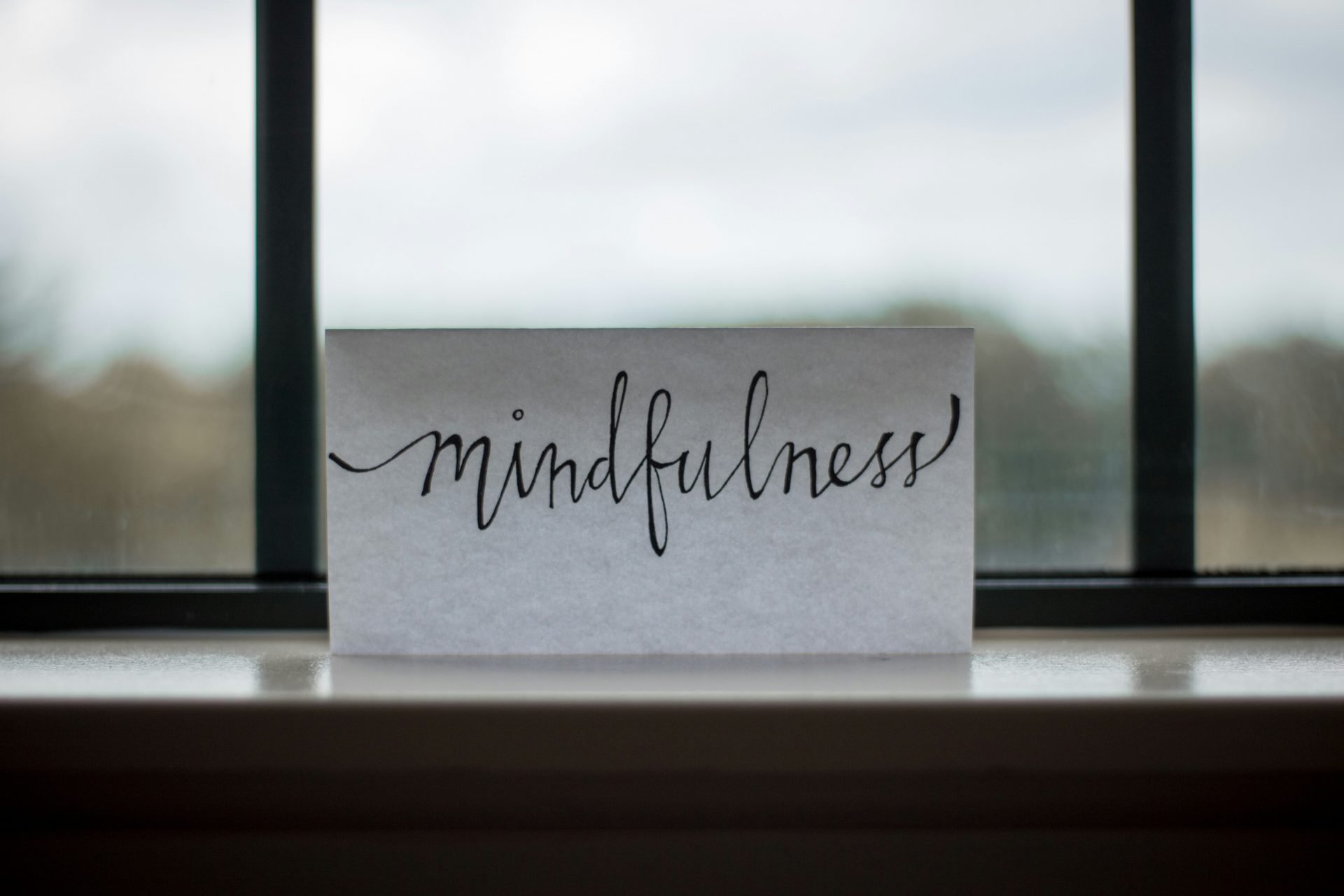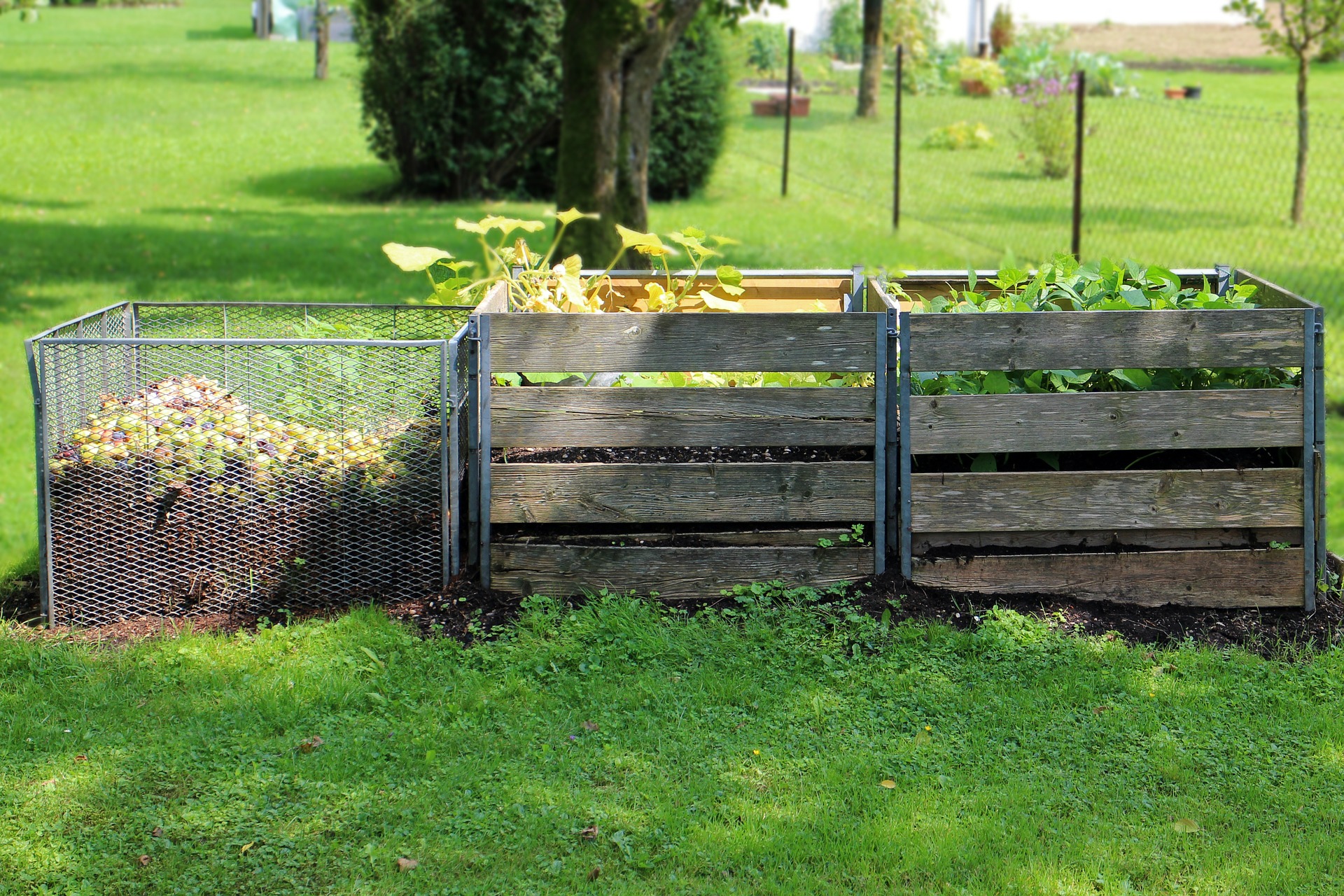Mindfulness: The Homegrown Superpower
If we are to believe major consulting firms and business schools in Europe, the UK and the US, success comes from a mixture of hard work, dedication to getting results, and a determination to succeed against the odds. The most successful people display qualities and a charisma that’s impossible to ignore. They are often fiercely competitive, ruthless, confident, erudite, and incapable of making poor decisions.
These are the individuals we are told to revere. These are the individuals we’re invited to emulate. Icons of the establishment and role models who invariably occupy positions of power and influence, these people are the highest achievers in our society. Or so we are led to believe. Until now.
The reality could be very different. We have known for a very long time that in terms of evolution, performance, and progress all of this is a lie. A lie propagated to fit into our manufactured default model of patriarchy. What we do know is that this model was designed by men for men so as to take advantage of male preferences and characteristics. We know that it’s allowed the least humane to assume power. We know that it’s generating a situation where compassionate people remain silent for fear of upsetting the less merciful people.

Richard David Hames, Founding Director, The Asian Foresight Institute, Thailand
This default mode has crafted a world where moral mediocrity is acceptable; a world where money matters more than wisdom; a world where competition is vital but cooperation shows weakness; a world driven by excessive production and relentless economic growth; a world where wastage is a norm while frugality is seen as poor, a world where women are deemed too emotional to run things; a world that largely ignores and even excludes them, as well as old people, indigenous voices, and dissenting ideas.
This is the model the West used in its colonisation strategy. A model that worked to some extent. But it’s now in a state of collapse even in its home base. Critical systems like education and healthcare are failing. The cost of living is skyrocketing. Political parties are in turmoil while they watch conflicts escalate and scandals arouse public outrage.
This is not the time for countries across Asia and the global south to be copying wholesale the failing models of the West. This is the time to be shaping our own destiny, in our own region, based on our own philosophies, our own distinctive qualities, and our own emergent moral authority.
So where should we look for inspiration? Many years after the Beatles went to India for insights that would permeate their music, others from many walks of life began to take notice of a particular practice in Asia; a practice that held clues to our fascination with performance excellence, stages of maturity and personal development, and authentic leadership.

Penny Low, Founder, Social Innovation Park, Singapore
Richard Branson and Anita Roddick were hooked on it. Oprah Winfrey and Ellen DeGeneres have promoted it. Ray Dalio who heads up the world’s largest hedge fund and Bill Gates swear by it. Most of the successful entrepreneurs I have had the honour of working with have benefitted from it. For our most celebrated and succesful arts practitioners, musicians, dancers, and actors it is simply an essential daily ritual.
Incomparable performers in fields as diverse as sport, oratory, music and dance cannot do without it. For this habit releases endorphins, calms the nerves, , lowers dangerous cortisol levels in the body, produces consistently high energy levels, and even generates altered states of consciousness that we witness as the most exquisite and powerful examples of human excellence. I am referring to the practice of meditation.
Meditation is a powerful link between body and mind. Whether it is silent reflection, mindfulness and deep breathing, Transcendental Meditation, guided visualisation, zazen, yoga, Vipassana, or more physical forms like Tai chi or Qigong, meditative practices can be highly beneficial for those of us in stressful and powerful business and government positions in a number of ways, such as sharpening performance and decision making, reducing stress, enhancing concentration and mental clarity, regulating emotions, improving communications, and cultivating integrity.
Most meditation disciplines enable a heightened self-awareness which allows us to manage our emotions more effectively, thereby reducing the likelihood of reacting impulsively or becoming overwhelmed by stress. By cultivating a sense of inner calm and balance, meditation can increase resilience in the face of challenges and setbacks – essential for navigating the uncertainties and pressures often associated with leadership positions in today’s volatile and high-pressure environments.

Elisabetta Jiang, Co-founder, Unicorns For Good, Singapore
Some meditation practices can foster empathy, compassion, and positive interpersonal connections. This invariably leads to better communication, collaboration, and relationship-building which, once again, are so vital for effective leadership and teamwork. By calming the mind we can reduce mental clutter. It then becomes far easier to generate new ideas and perspectives, as well as making better sense of and navigating changing conditions, all the while promoting overall well-being.
But the key to all of this from a leadership perspective is to understand that all the assumptions we have seen marketed under the Western model of managing and organising explicitly exclude things like this, along with the arts, for example which, as it happens, can also grow resilience and liberate innovative thinking within organisations that are more liberal in their management practices.
What is often missed in all of the rationalisation that goes on that prevents us being more human at work are the health benefits of practices like meditation. Senior business executives and government officials have stressful jobs. They frequently push themselves, working an inordinate number of hours each week, because they are told or believe that their work demands this. They are wrong. All they are doing is raising their cortisol levels, the so-called “stress hormone” which causes inflammation, weight gain, fatigue, high blood pressure and diabetes, while measurably lessening their ability to do the job well.
An additional factor which is often dismissed is the effect raised cortisol levels have on mood. High cortisol levels produce irritability and anxiety and if this spills over at work it can damage relationships and impede teamwork.
Six months ago I started to mentor a well-known and much admired CEO in Hong Kong who was suffering incredible pressure owing to the expectations of his Board and the markets. While he usually managed to avoid losing his temper too often at work, his irritability did not go unnoticed by colleagues who tip-toed around him. As you can imagine this created tensions in the senior ranks of his organisation and spread through the culture like a wild fire.
Worse still he started to let loose on his teenage children at home where his anxiety also weighed heavily on his marriage, which was already on the rocks. At first he dismissed my suggestion that he should meditate or join a Tai Chi group each morning before work. “I haven’t got time for any of that nonsense”, he exclaimed. I persisted.
Eventually he agreed to try a process of silent reflection which I took him through. Within days his mood had changed, a smile appeared on his face during meetings, and colleagues commented that he seemed far more relaxed and focused. Within weeks he was hitting his stride once again as an incredibly successful businessman and entrepreneur. His wife has started smiling again too. That is mindfulness – the homegrown superpower.
This article was authored by Richard David Hames, Founding Director, The Asian Foresight Institute, Thailand; Penny Low, Founder, Social Innovation Park, Singapore; and Elisabetta Jiang, Co-founder, Unicorns For Good, Singapore



